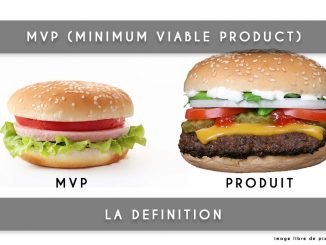
In the world of business management and production, Lean Management is a philosophy that has revolutionized how organizations approach productivity, quality, and value creation. Based on the principles of lean manufacturing (formerly TPS) developed by Toyota, Lean Management focuses on eliminating waste, continuous improvement, and maximizing customer satisfaction.
In this article, we will explore the key concepts of Lean Management and its impact on businesses.
Foundations of Lean Management
Lean Management is built on several fundamental principles aimed at optimizing processes and reducing inefficiencies. Here are some of these key principles:
- Waste elimination: It identifies and eliminates activities that do not add value to the final product or service. The seven common types of waste identified include overproduction, waiting times, over-processing, unnecessary motion, defects, overburden, and underutilized talent.
- Continuous improvement: It encourages a culture of continuous improvement by implementing practices like Kaizen. Employees are encouraged to identify and resolve problems at the source rather than work around them.
- Just-in-Time (JIT): The concept of Just-in-Time aims to produce or deliver products or services only when the customer needs them, thereby minimizing storage and overproduction costs.
- Smooth Workflow: It focuses on creating a smooth and continuous workflow by eliminating bottlenecks and optimizing processes for faster and more efficient delivery.
Benefits of Lean Management
The successful application of it can have a significant impact on organizations:
- Cost reduction: Eliminating waste and inefficiencies reduces production and operational costs.
- Improved quality: By focusing on defect prevention, it enhances the quality of products and services.
- Reduced lead times: The Just-in-Time philosophy allows for shorter delivery times, quickly meeting customer needs.
- Employee engagement: Continuous improvement practices and involving employees in problem-solving strengthen their engagement and job satisfaction.
- Innovation: By freeing up time and resources, it promotes innovation and the search for new ways of doing things.
Implementing Lean Management
Implementing Lean Management requires a deep commitment from both management and employees. It often involves significant cultural and operational changes, as well as training for employees.
In Conclusion: Maximizing Value and Performance
Lean Management is more than just a methodology; it is a philosophy that guides organizations towards efficiency, quality, and continuous value creation. By identifying and eliminating waste while encouraging ongoing improvement, businesses can optimize their processes, reduce costs, and provide a better customer experience. By embracing its principles, companies can adapt to an ever-changing business environment and cultivate a culture of sustainable growth.




Be the first to comment